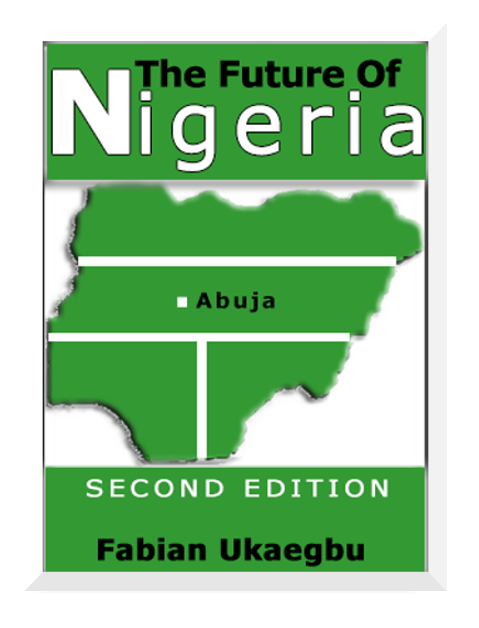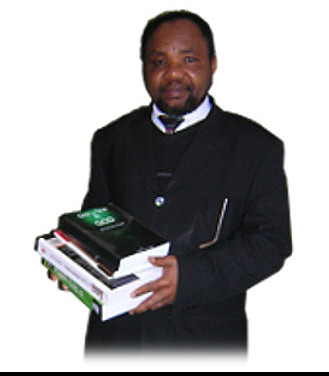
"There is a very strong misunderstanding existing amongst us all which hinders our unity. I do not know what the cause is really but I think, it is not tribal, linguistic or religious differences, although, these things may have something to do with it, but I think they are not the real causes, it must be 'something else'."
The above statement was made by Alhaji Ahmadu Bello at the General Conference at Ibadan in 1950. In addition to tribal, linguistic and
religious differences, he believed that 'something else' was affecting the country's unity. Although he did not mention what this is,
evidence from the country's fifty-five hard years of independence suggests that this could be innate, upbringing or governmental
processes. While the former two may be intrinsic, we shall start from extrinsic one: "governmental processe" to dig to the intrinsic
ones.
This yet unknown or unnamed 'something' has followed the country's evolution to thwart all administrative efforts toward unity.
Nigeria is admiring democracy and the subtle way Alhaji set out his view calls for inquiries to uncover the hindrance. He said that
he did not know possibly because as he did not attend University; what of those who attended, have they identified the missing
dimensions in Nigerian unity? Alhaji talked of union in crises from its formation, have the subsequent generations done better
to identify and improve on the something? When America pursues a lion, it catches it but Nigeria cannot catch a rat without
resolving that 'something' that hinders its strength. Scotland has different currency and religion but is still in the UK
Does true civilisation or mental rationalism hold back or polish up; why seek unity immodestly?
In a state where levels of poverty, mentality, greed and creedal differences exist, it would amount to deceit to pretend that unity is
achievable without fairness and realistic commitment of all the concerned parties. The issue is that of identifying and establishing
the elements and root causes of differences and conscientiously searching out their true solutions. If anything should deter unity,
it is the dichotomous1 acclamation, which shifts blames and problems to one side and righteousness to the others in their underlining
and unseen visions. The consequence of this purview is the outright injustice of clearing oneself of guilt and condemning others
without fair trial. Incidentally, this is not what the world needs in terms and conditions for living together because insane
neighbours create moments of worry to themselves. Peace is a compromise among sections. The idea of preferring lies to truth when one
stands to gain is the type of injustice that could compound a people with travails and nervous problems. Why should Hausa want to
relate with Igbo and Yoruba, vice, versa? Is it for love, cultural harmony or material resources? What is their relationship about?
One of the lessons nature has taught man is fairness. Equity permeates all evolutions to decree fair and decent administration but why
do some people live inequitably; thus, clouding up generational equity. A good nationalism is
about the family of man and woman and their increases and multiplications; hence, to make one is to prepare for another. Pretentious
learning is the denial of requisite knowledge at the gearing points of nationalism. The impetus of this false learning is the adoption
of wrong governmental processes. The preference of top-down style instead of bottom-up approach denies learning at the grassroots.
The same reduced the country to a mere state of the erstwhile colonial creation.

Fabian N. Ukaegbu was born in Eastern Nigeria. He received his basic education there before travelling to the United Kingdom for further education. He qualified in Marketing, Management, Accountancy and International Relations/Diplomacy. He worked for six and the half years as a Consular Officer in the Nigeria High Commission in London and has worked also as a finance officer for 14 years with the London Borough of Hackney.
He is a prolific writer as indicated by the titles below
His Other Titles Include-